UN Security Council Convenes to Discuss Rafah After Deadly Israeli Strike
A deadly Israeli airstrike on a refugee camp in Rafah has prompted a meeting of the United Nations Security Council. This tragic incident resulted in the deaths of 45 Palestinians and left 200 others wounded, while igniting a fierce debate on the conflict in the region. The attack targeted an area providing shelter for displaced individuals. Israel maintains that the strike eliminated two senior Hamas militants, but the broader consequences have drawn international condemnation.
The aftermath of the strike saw fires ravaging the tents housing those displaced by ongoing violence. The Israeli military is currently investigating whether explosives stored in the area may have led to the deadly blaze. The Gaza Health Ministry confirmed the casualties and injuries, stressing the severe humanitarian impact on an already beleaguered population.
International Reactions to the Rafah Strike
This incident has not gone unnoticed. Martin Griffiths, the UN’s humanitarian chief, condemned the attack as 'utterly unacceptable.' His sentiments were echoed globally, with various leaders and organizations voicing their concerns. Volker Turk, the UN High Commissioner for Human Rights, lambasted the decision to target an area densely populated with civilians, predicting such an outcome would inevitably result in further loss of life.
Likewise, European Council President Charles Michel labeled the airstrikes as 'horrendous' and implored Israel to cease its offensive actions in Rafah. The White House National Security Council joined the chorus of disapproval, terming the attack 'heartbreaking' and urging Israel to take every precaution possible to avoid civilian casualties in future operations.
Humanitarian Crisis in Rafah
The situation in Rafah is worsening by the day. According to the UN agency for Palestinian refugees, more than 1 million people have fled the region over the past three weeks amidst Israel's intensifying military campaign. This exodus highlights the severe humanitarian crisis unfolding, with thousands lacking basic necessities and adequate shelter.
The strikes have only compounded these challenges, making it increasingly difficult for humanitarian aid to reach those in need. Medical personnel are inundated with treating the injured amidst continued airstrikes in the same camp area. Such hostile conditions render the provision of essential services nearly impossible and exacerbate the suffering of already distraught civilians.
Potential Repercussions
Qatar's foreign ministry warned that the recent strikes could complicate ongoing efforts to mediate stalled cease-fire talks and negotiate the return of hostages held in Gaza. Diplomatic endeavors aimed at restoring peace face additional hurdles, as incidents like the Rafah attack only deepen the divide between the warring sides.
The international community appears to be grappling with the right approach to defuse the situation. While many leaders express solidarity with the affected Palestinian population, practical steps to halt the violence and initiate meaningful dialogue remain elusive. The complex geopolitical landscape in the region requires a nuanced and multifaceted approach, balancing humanitarian concerns with security considerations.
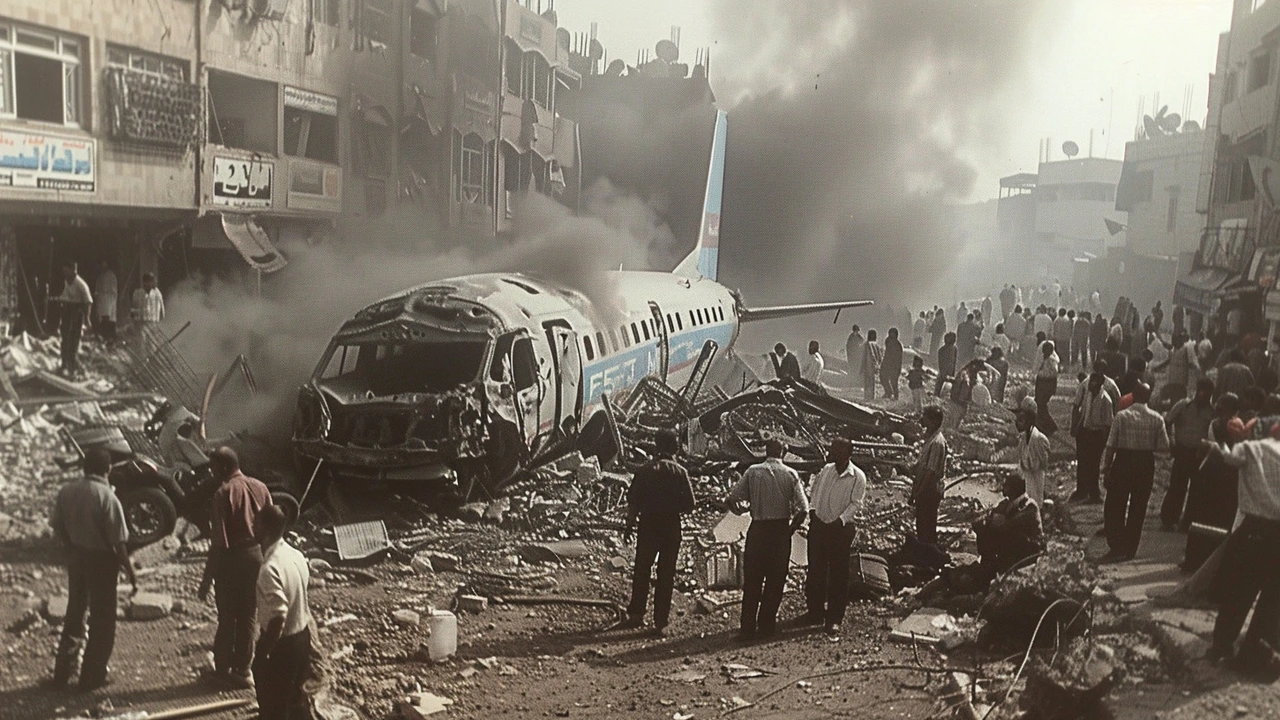
Looking Ahead
The upcoming discussions at the UN Security Council are expected to be intense, as member states deliberate on possible responses to the Rafah strike. The need for accountability and stringent measures to protect civilians will likely dominate the conversations. It remains to be seen whether such meetings can result in concrete actions that may alleviate the suffering of the Palestinians and pave the way towards a lasting solution.
The events in Rafah underscore the fragility of peace in the region and the devastating human cost of the ongoing conflict. As the world watches, the call for an immediate ceasefire and robust humanitarian assistance grows louder. The hope is that through international cooperation and renewed diplomatic efforts, a glimmer of peace may emerge amidst the turmoil.

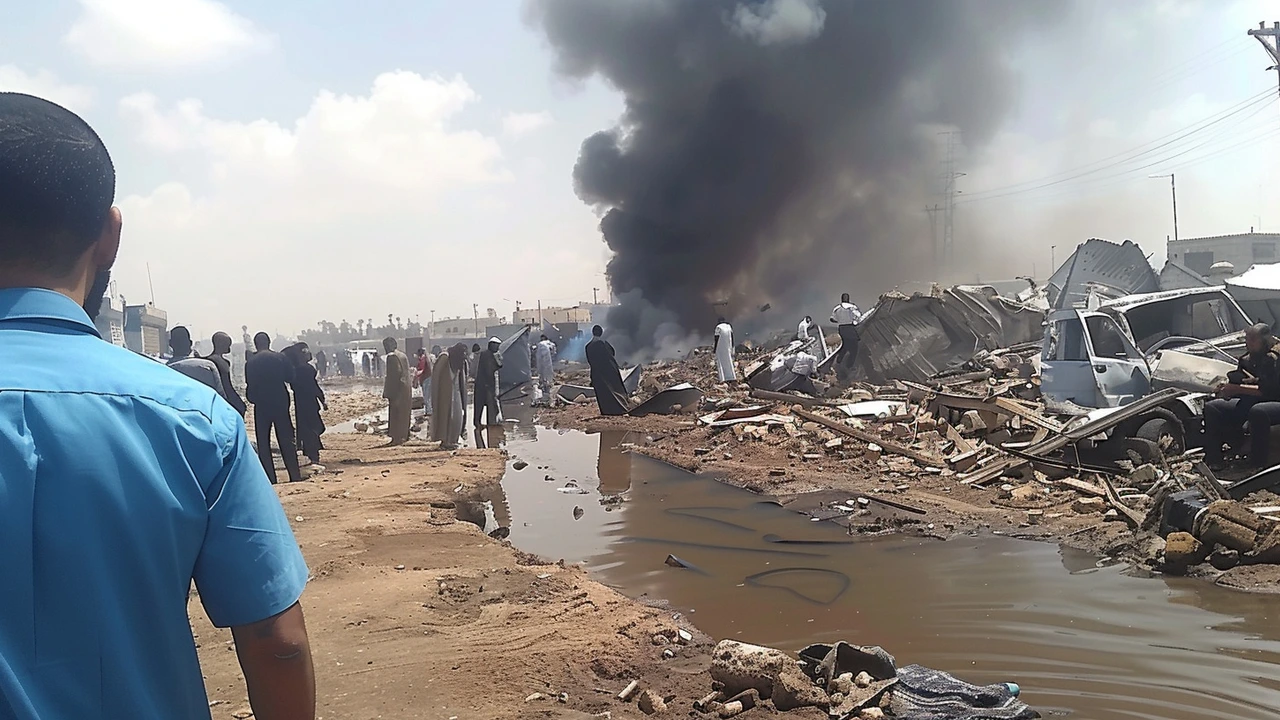
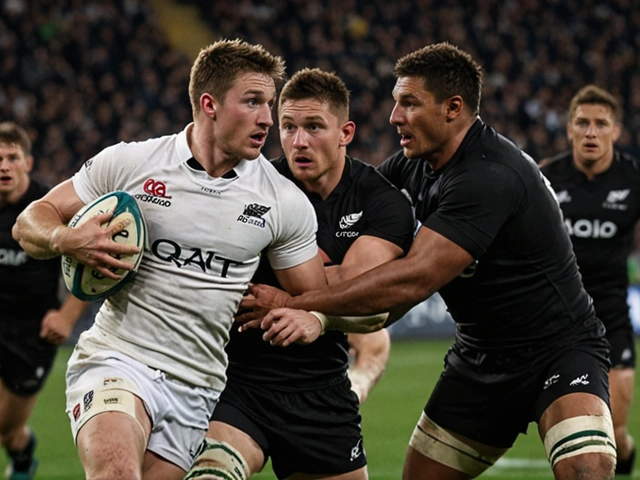

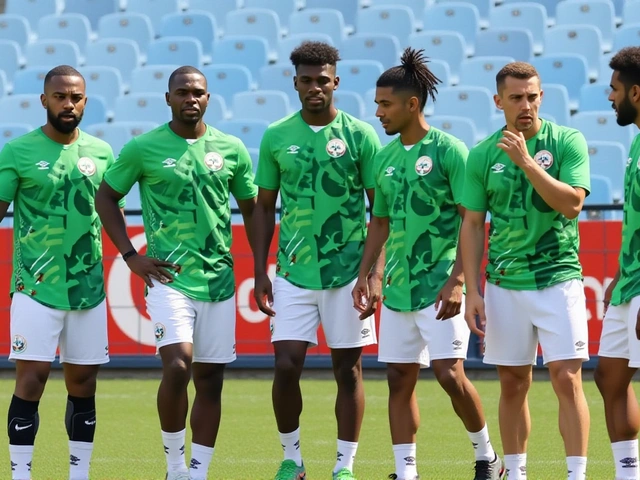
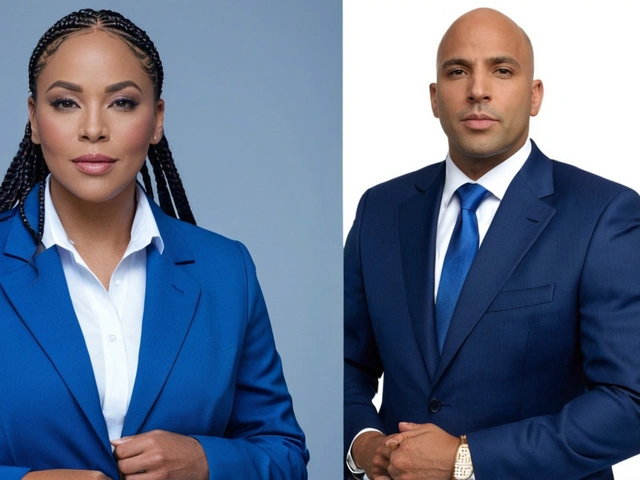
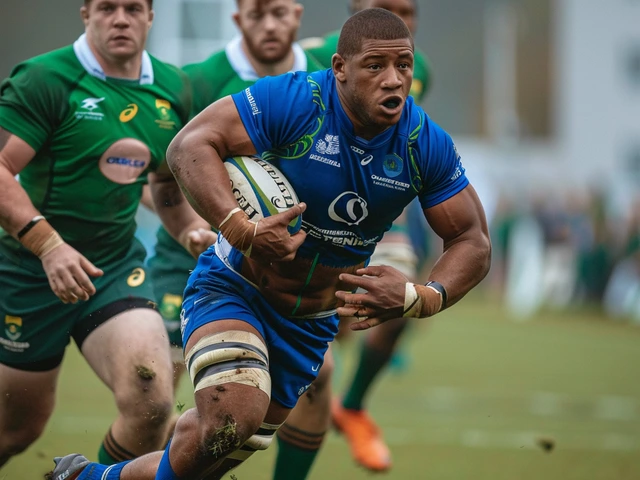
Susan Mark
It's heartbreaking to see civilian casualties keep mounting, and the UN's involvement is crucial. The humanitarian angle can't be ignored, especially with so many displaced families. We need more pressure on all sides to protect the innocent. Hopefully the Security Council can push for a ceasefire that actually respects human life. The international community should step up aid deliveries right away.
Jason Jennings
What a mess, typical aggression from the left.
Diego Vargas
Honestly the numbers are clear, over 45 dead and 200 injured and the media still downplays it. It's not just about militants, the whole camp was targeted. Definately the investigation will reveal more about the explosives stored there. People need to look at the facts, not the propaganda.
Alex Lee
The UN should stop talking and start acting. This is simple: more civilians are dying. The world is tired of empty speeches.
Vida Yamini
When we talk about Rafah we have to remember the human stories that are hidden behind the headlines
There are mothers who lost children and fathers who will never see their kids grow up again
Children who have known nothing but the sound of explosions and the smell of smoke in their daily lives
Families who are forced to move from one makeshift shelter to another with barely any belongings
The psychological trauma inflicted on these civilians will echo for generations
Medical staff are working around the clock with limited supplies, often risking their own lives to save others
Humanitarian corridors are constantly threatened, making the delivery of food, water and medicine a dangerous task
Every day that the violence continues, more innocents are added to the casualty list
International aid agencies are pleading for more safe access, but political hurdles keep blocking progress
We cannot separate the political narrative from the very real, very painful reality on the ground
Peace talks have stalled and each new strike pushes any hope of a negotiated settlement further away
It's essential that we keep the focus on protecting civilians, not just strategic objectives
When leaders speak about 'protecting civilians', they must mean it in practice, not just in press releases
The world has a moral responsibility to act decisively, ensuring that aid reaches those who need it most
This is not a distant conflict; it's happening now, and every second counts for those trapped in Rafah.
James Lawyer
While the urgency of humanitarian relief is evident, any durable solution must also address the underlying security concerns that have perpetuated this cycle of violence, ensuring that ceasefire agreements are backed by robust monitoring mechanisms and a commitment from all parties to uphold civilian protection standards.
Abby Culbertson
My heart breaks for the families.
Awolumate Muhammed Abayomi
Stay strong community we can get through this together keep supporting each other and push for more aid